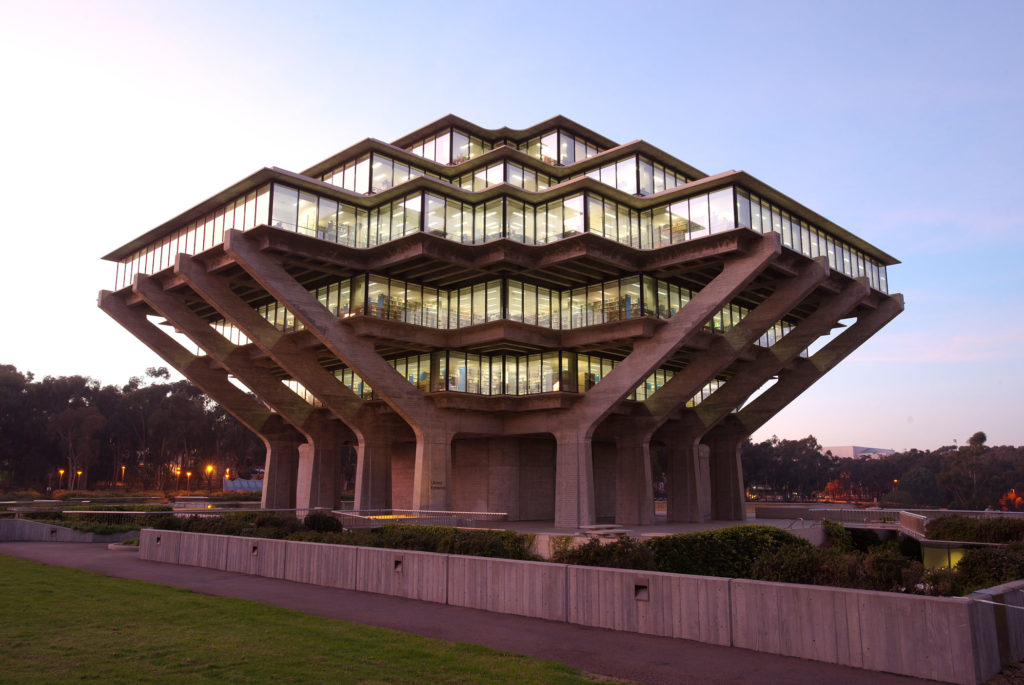A new proposal to start testing 5,000 students at UC San Diego for the coronavirus next week, with wider testing by fall, has raised hopes about a possible way to safely reopen California universities.
The plan, called “Return to Learn,” is a first-of-its kind attempt to ensure campus health standards at a time when colleges and universities across the country are wrestling with whether to restart in-person courses and fully reopen dormitories this fall. The plan could eventually test all 65,000 students, faculty and staff at UC San Diego.
However, so far, the two public university systems in California are not rushing to embrace the idea.
The central administration of the ten-campus University of California system, which enrolls about 285,000 students, reacted cautiously to the announcement of the UC San Diego plan. “This is an interesting pilot program, but at this time it is too early to assess whether it would be applicable or appropriate to implement systemwide,” Sarah McBride, a UC system spokeswoman, said in an email responding to EdSource.
The 23-campus California State University system, which enrolls about 480,000 students, responded similarly. “Campuses are considering all options to maintain the health and safety of all members of the campus community, but we haven’t reached any decisions related to testing of students for COVID,” said CSU system spokesman Michael Uhlenkamp.
Clearly, other colleges and universities will be watching closely as UC San Diego begins its effort on Monday. That campus has its own hospital and a deep roster of medical and health experts to help out. Four other UC campuses — Los Angeles, Irvine, Davis and San Francisco — also have large medical centers and all ten have health clinics and biology researchers.
Under what will be a volunteer effort, UC San Diego will offer self-administered nasal swab-based COVID-19 test to the more than 5,000 undergraduate and graduate students who are still living on campus. The test seeks to detect evidence of the novel coronavirus, which causes the potentially deadly COVID-19 disease.
Students in dormitories who test positive will be advised to quarantine and may be relocated to dedicated isolation housing, with private bedrooms and bathrooms and meals delivered. Those students’ health will be monitored and they will be interviewed to help trace people with whom they might have had close contact. Campus officials did not respond to a question about whether students who test positive but refuse to isolate will be barred from remaining in the dormitories.
The effort aims for much wider and more frequent testing in the fall semester.
“If successful, the program might be broadly expanded to potentially test all UC San Diego students, faculty and staff, approximately 65,000 people, on a monthly basis, beginning as early as September or soon thereafter,” a UC San Diego statement explained. The program is intended to help determine locations and populations in which the virus might be spreading so that the university can effectively respond, officials said.
UC San Diego administrators said they know of no other American university taking similar steps. “To our knowledge, the program that we are proposing is novel, just like the coronavirus,” the statement said.
The plan hopes to repeatedly test 60% to 90% of students, faculty and staff. Scientific models suggest that will give the campus an extremely high chance of detecting viral spread, according to the university. So far, less than 10% of the campus population are thought to be infectious now, according to the university’s presentation on its plan.
The California Community Colleges system is not ready to follow UC San Diego, according to vice chancellor for communications Paul Feist. He said in an email that system has a task force working on how to reopen campuses but that “to my knowledge no plans like (UC San Diego’s) have yet been developed for our colleges.”
To get more reports like this one, click here to sign up for EdSource’s no-cost daily email on latest developments in education.
